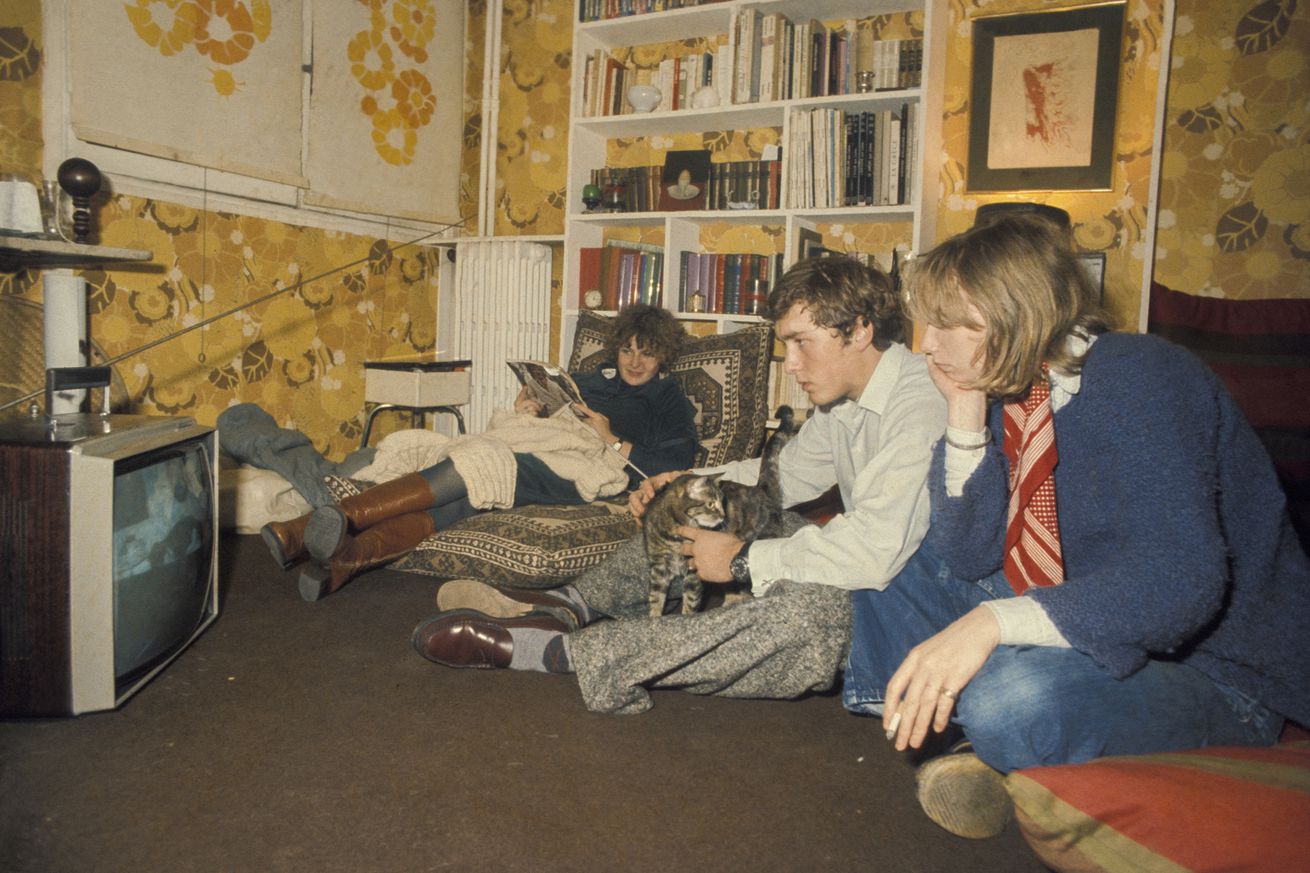
The best part of FAST TV is the choice it takes away
I’ve been watching TV on demand for over 20 years. Well before streaming, I was picking up the whole run of The Sopranos from the college library and making my way through the seasons. When I graduated, I kept the habit, preferring to watch things from DVD box sets rather than just zoning out in front of the television. Even when I visit family now, I’m the obnoxious one who always has a show they want to watch on Netflix or HBO Max instead of 12 episodes in a row of House Hunters on HGTV. But lately, I’ve been using Pluto TV, and I’ve found myself realizing just how relaxing it is to just let go.
Pluto TV is part of a subcategory of streaming called Free Ad-Supported Television, or FAST. There’s some on-demand content and features, but FAST services are typically structured like TV channels. So on Pluto TV, there are multiple channels dedicated to Star Trek reruns and one dedicated to I Love Lucy. The British Comedy channel is a mashup of shows like Spy and Taskmaster, and the Cult Films channel has a mix of good films like Tank Girl and bad ones like Troll 2 and Mac and Me. Most services even carry local news, too — all for the price of your periodic attention on ads.
It’s the same bargain as TikTok and YouTube, but what I’ve found really compelling about FAST TV isn’t the affordability or the solid array of content; it’s how liberating it feels to remove some of the choice from the situation. When I’m trying to binge-watch a show, there’s always the sense I need to pay attention; there’s a small level of stress to make sure I don’t miss anything. And it’s not just for new shows. I was rewatching Yellowjackets before the new season, and it felt difficult to split my time between watching the show and doing chores or playing games on my Steam Deck. It felt wrong to purposely choose to rewatch and not actually commit myself. Same with a recent rewatch of the 1993 show Star Trek: Deep Space Nine.
But on Pluto, I watched three totally out of order episodes of Star Trek: Voyager and felt no anxiety. I wasn’t needing to track where I was in a rewatch or make sure I didn’t miss a scene or episode. The stakes were lower, and I was fine leaving it on while I vacuumed up more dog hair than I thought my dog was capable of shedding.
And unlike more social media-driven stuff such as TikTok and YouTube — which also shove free content in your face for the low, low price of your attention on occasional ads — I wasn’t having to babysit Pluto. I didn’t need to pick the next thing or accidentally futz up an algorithm by letting something autoplay. I didn’t need to flick up on my phone to see the next show. I could just tune in on my TV and continue on with my day.
This behavior isn’t a stranger to everyone — my mom leaves HGTV on in every room of her house. But it’s increasingly alien behavior for a lot of us. If you’re like me, you’ve just gotten used to bingeing or watching Young Sheldon in bite-size clips on TikTok next to cake decorating videos. The primary way to just freely watch stuff and forget it, broadcast TV, is on a decline, and its great hope, ATSC 3.0, isn’t actually offering much hope. Cable is quickly merging with streaming as streaming grows larger every year. Viewing behaviors are shifting as a whole generation grows up watching content on their phone or laptop instead of the television. FAST TV offers all of those people, including myself, a way to get the affordability of broadcast with the breadth of streaming.
But it also gives us something that broadcast TV always did better: a curated, never-ending stream of content. I love all the choice I’m now afforded by the on-demand era, but the option of giving it up occasionally is nice, too. Sometimes you just have to let the person programming the Fighting Flicks channel take the wheel.

